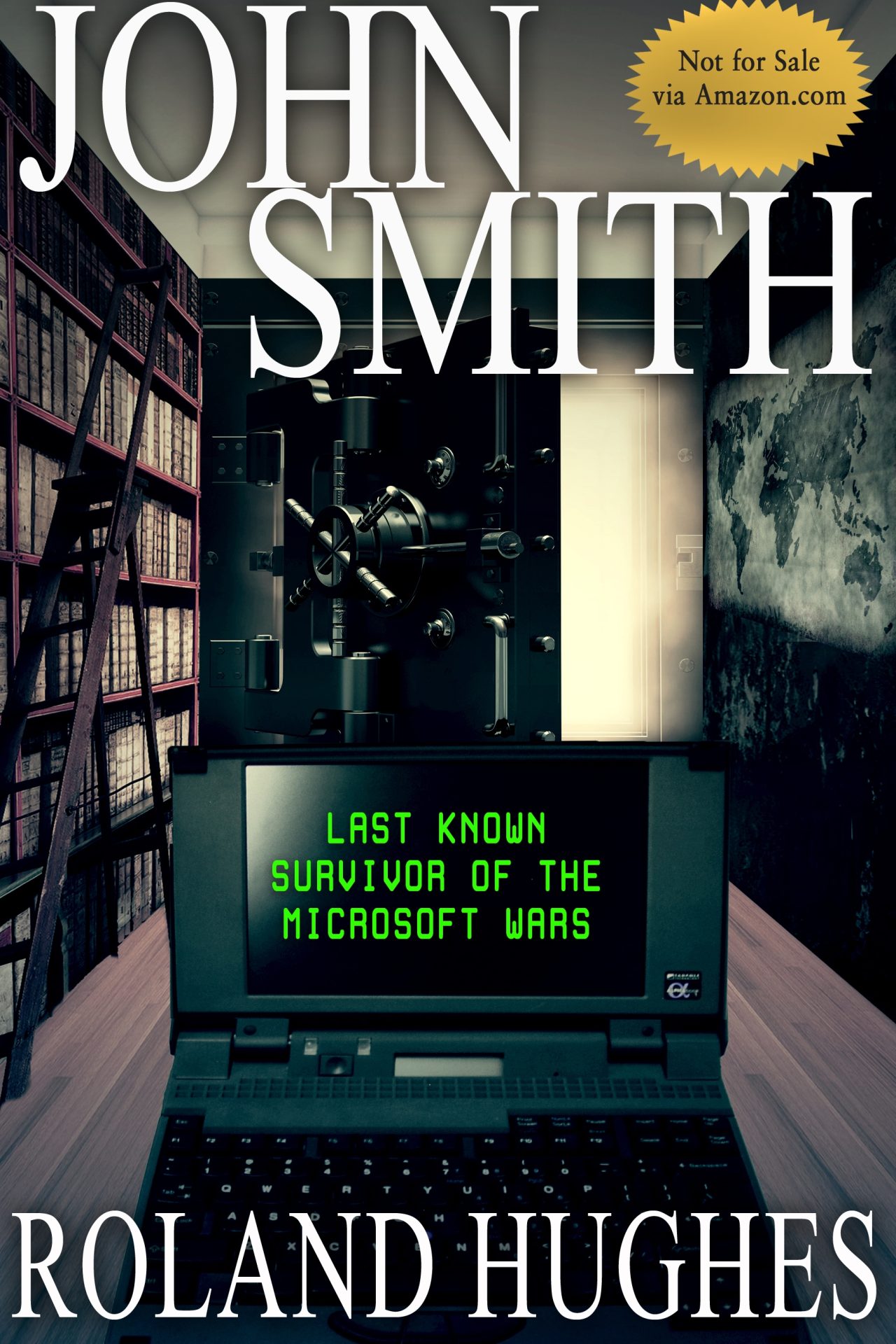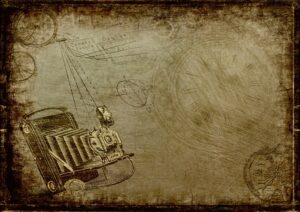Cost of Time
SK: So all of the survivors lived in or on Atlantis?
JS: Nice change of topic! Nice to see women still never admit defeat despite total failure. There were quite a few scattered bands and the Atlantians.
SK: Okay, what is so important about them?
JS: After Atlantis disappeared, there were only a few left.
SK: They were the only ones left?
JS: The only ones left to pass along the information from the last cycle. They considered it a sacred duty but they lost much of the information.
SK: Lost it?
JS: Never considered some information important would be a more accurate statement. The survivors loved math and astronomy, as well as a few other things. That is what led them to choose wisely their places of residence before the last cycle began.
SK: So, when the last cycle started, the survivors educated everyone?
JS: No.
SK: You aren’t making any sense.
JS: They were amazing when it came to math, calendars, dates and astronomy. They could predict both types of eclipses with amazing accuracy. They calculated down to the hour when the astronomical alignment would happen, which would start the next cycle. But they were stupid when it came to the cost of time.
SK: The cost of time?
JS: On Earth That Was, IT consultants called one form of it “disaster recovery planning” but cost of time is a much more accurate phrase. It explains why we don’t plan for small disasters and why most disaster recovery plans are worthless pieces of paper.
SK: If they were worthless, why do them?
JS: Because someone said we had to create them. The trouble was the people who said the plans had to be created were unwilling to pay for the time it would take to do them correctly or the tools required to shorten the time of the plan. When those who need the plan are unwilling to pay for the time to plan or the time of the plan, what comes out the other end is worthless; but if it is worded well enough, nobody tries to verify or test it.
SK: You’ve lost me.
JS: You remember using that computer earlier, correct?
SK: Yes.
JS: What if I wrote a beautifully worded and immensely thick disaster recovery plan that documented every category of information we would store in case of disaster.
SK: I probably wouldn’t read all of it, but what does that…
JS: My plan not only documents the information we are to save, it says we are going to store all of that information on disk drives, which are compatible with that computer, to save storage space. Not only will we store all of that information, we will also create complete image backups of the boot drive for that computer so we can boot a new computer in a matter of minutes.</p
SK: I’m still not following.
JS: Let us say we can purchase those drives cheaply enough that we can afford to store one hundred of these disaster sets all around the globe. We can also afford containers, which will shield these drives from heat, water and all but the most violent shocks for at least thirty years.
SK: That’s very interesting, but what does it…
JS: What is the flaw in my plan?
SK: I’m not even sure what your plan is; how am I supposed to find a flaw in it?
JS: Exactly!
SK: What do you mean, exactly?
JS: Most management teams knew even less than you do about computers and disaster recovery. All they knew was that both the government and shareholders mandated it. They also knew that they wanted anything that was mandated to both satisfy that mandate to keep the government off their backs and they wanted it done as cheap as possible.
SK: I’m still not seeing…
JS: There was no mandate to actually test it. You didn’t have to actually prove your plan worked, you simply had to publish it. The regulatory bodies reviewing these plans were made up mostly of people who were directly related to one or more politicians and wanted a government job they wouldn’t actually have to do.
When a company filed a plan like I described to you, it was almost always good enough, provided there were enough pages in it to feel substantial. Most weren’t even required to document the assumptions they made when writing the plan and nobody actually read the plan cover to cover to look for undocumented assumptions.
SK: This has what to do with the other survivors?
JS: Everything. It’s the cost of time.
SK: You really aren’t making any sense.
JS: The survivors that weren’t on Atlantis had a plan. They stored their entire knowledge trove on media that was readily available at the time. Their plan assumed the devices to read it would also survive, as would the technology to build new devices. Nobody asked what would happen if that assumption didn’t hold true.
SK: So they survived but their knowledge didn’t? How is it you could know so much about them then?
JS: Much of their knowledge was lost. All that survived was contained in the heads of the people who survived. They had to resort to recording it in stone or clay, which could be cooked hard like pottery, wood, jade and other physical things. It took time. If you forgot something, it was very difficult to insert a word or subject without having to start over. It took so much time that many of the memories were lost.
SK: You mean people forgot?
JS: Or died. Your own world is going through that kind of knowledge contraction right now. Many of the original elders have died off without getting everything they knew recorded in books. While you might believe your library to be the largest and most complete in the world, I can tell you in all honesty it doesn’t contain even an eye dropper full of the information that existed prior to the resetting of the cycle.
SK: You are very judgmental for someone who has never visited my city.
JS: I’m just being honest. Earlier we spoke of electric motors built by a company you’ve never heard of from a place that no longer exists. Have any of those motors quit working?
SK: Yes.
JS: Did someone know how to fix it or did they steal a motor off something you needed less?
SK: We quit using the machine.
JS: Then answer this question honestly: how long do you think it will be before your newspaper loses its ability to print?
SK: I asked myself that same question when we quit using that machine when its electric motor stopped. I want to believe that as we reach out to other cities, we will find one that either still makes these motors or knows how to fix them.
JS: Even if you had the complete schematic, it would do you no good.
SK: Quit belittling us!
***********************
You are reading a special promotional version of “John Smith – Last Known Survivor of the Microsoft Wars.” This is the third book of the “Earth That Was” trilogy. You can obtain the entire trilogy in EPUB form from here:




[…] <Previous Part Next Part> […]